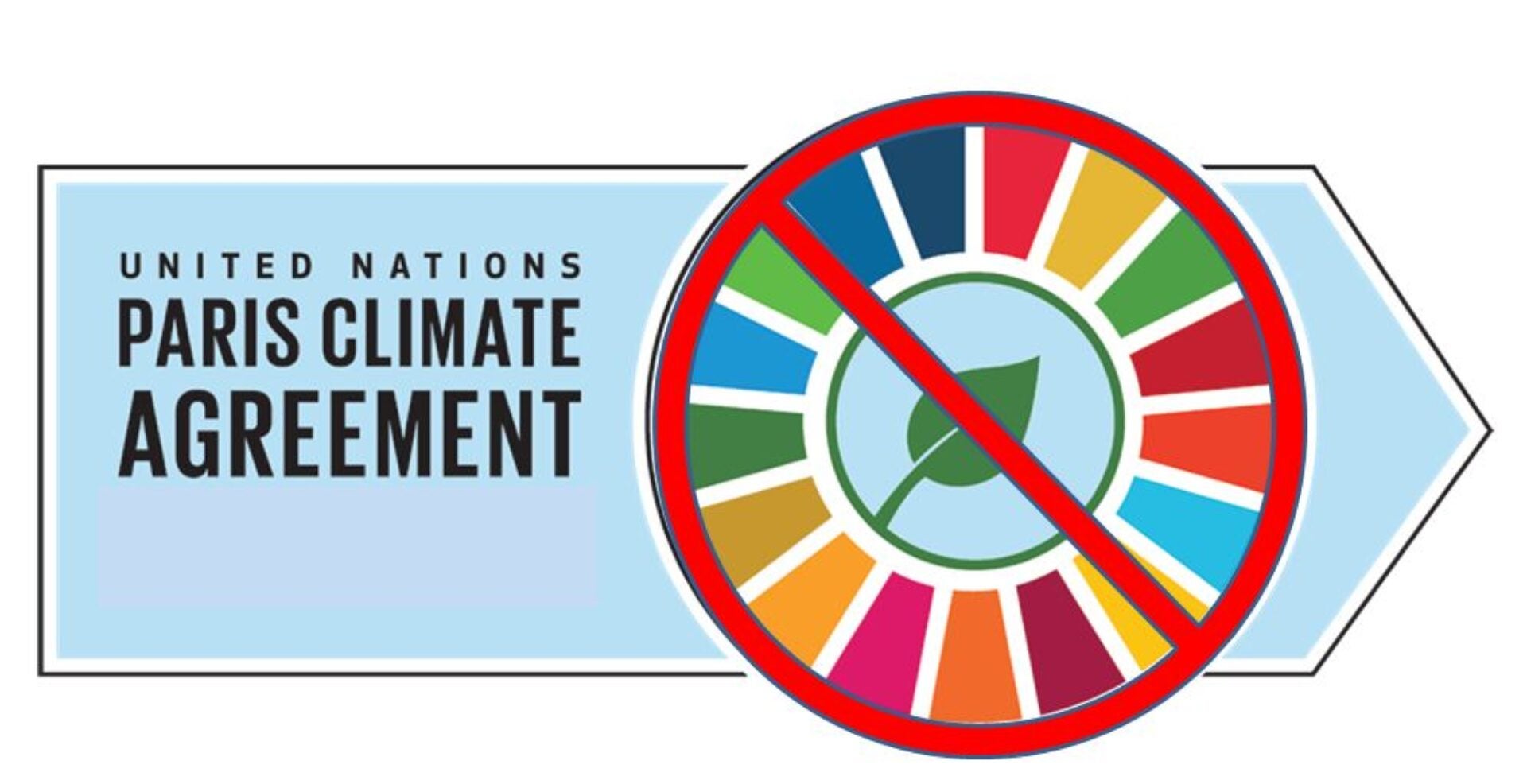
Leaving Paris, and Sanity: A Bad Deal for America and Future Generations
President Trump has decided to withdraw the United States from the Paris Climate Agreement, despite (to spite?), pretty much, the rest of the world.
- Only two countries declined to join the Paris Agreement: civil war-torn Syria, and Nicaragua. The latter boycotted the accord to protest what it saw as initial goals that were not ambitious enough, and the fact that countries’ voluntary emissions targets were not legally binding (the only mandate is that each country report its progress).
- According to a November 2016 poll by the Yale Program on Climate Change Communication, 69 per cent of Americans, and a majority of people in all 50 states, support the Paris Agreement.
- Hundreds of U.S. companies support the Paris Agreement.
- Exxon-Mobil wants the U.S. to stay in the Paris Agreement.
- Current and former military leaders say global climate disruption is a threat to our national security.
- Energy company shareholders increasingly support action on climate. A majority of shareholders at Occidental Petroleum, PPL Corporation, and most recently, Exxon-Mobil are demanding an analysis and disclosure—using established methods with growing institutional and investor support—of the risks to their bottom lines from climate disruption, and how companies are preparing to transition to a low-carbon future.
But none of that matters to President Trump.
Trump has already taken steps to kill the Clean Power Plan, roll back auto efficiency standards, and most recently—and egregiously, from a climate perspective—stayed EPA’s methane standards for oil and gas development.
Now, in another victory for anti-science, fact-free policymaking and his peculiar, self-destructive idea of nationalism, Trump has chosen to withdraw from the Paris Agreement and renege on the United States’ voluntary pledge to reduce its climate-harming emissions and to support decarbonization in less developed countries, calling it “a bad deal for Americans.” While Trump can’t actually legally withdraw from the Agreement until November, 2020, according to Article 28, he can ignore the commitments the United States made in the agreement.
Our nation is history’s largest carbon polluter, and was, until recently, the steady and at least somewhat-principled leader of the free world. This withdrawal by the United States from global leadership and from our responsibility to future generations is morally repugnant, shameful, and un-American.
It puts future generations, and our planet, in peril.
It is also, from an economic standpoint, a profoundly stupid move. The rest of the world—and smart states, cities, businesses, and investors here at home—will take up the immense task of salvaging a habitable climate with, I hope, increased urgency. China and the European Union in particular will likely reap the economic rewards of climate leadership and clean tech innovation.
But can deep decarbonization be achieved—in time—without the United States in the lead?
Trump’s decision is ignorant and cynical. It’s an unconscionably bad deal for a habitable climate, for international cooperation, for the reputation of the United States, for our economy, for our children, and for future generations.
John Quigley
Senior Fellow, Kleinman CenterJohn Quigley is a senior fellow at the Kleinman Center and previously served on the Center’s Advisory Board. He served as Secretary of the PA Department of Environmental Protection and of the PA Department of Conservation and Natural Resources.

